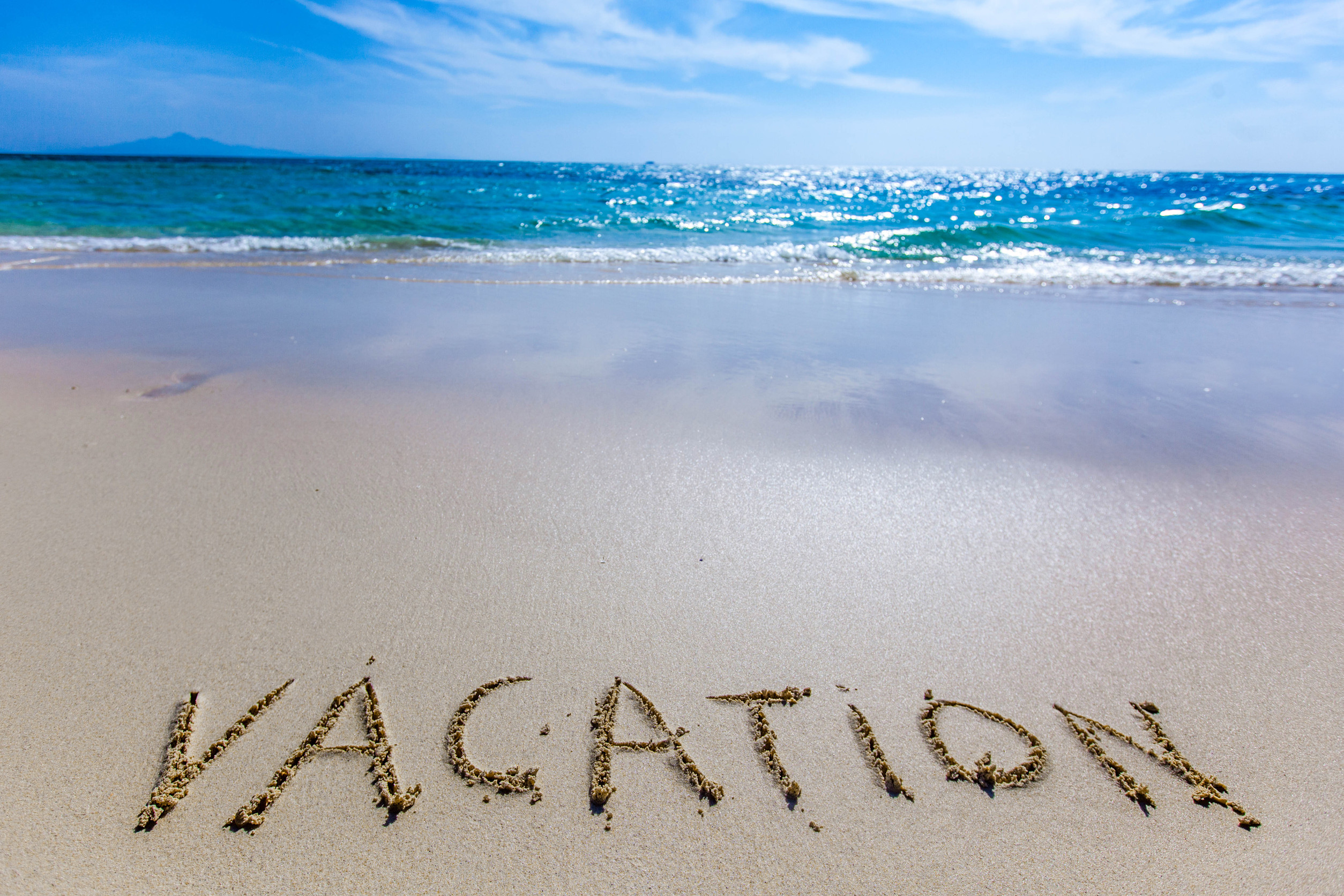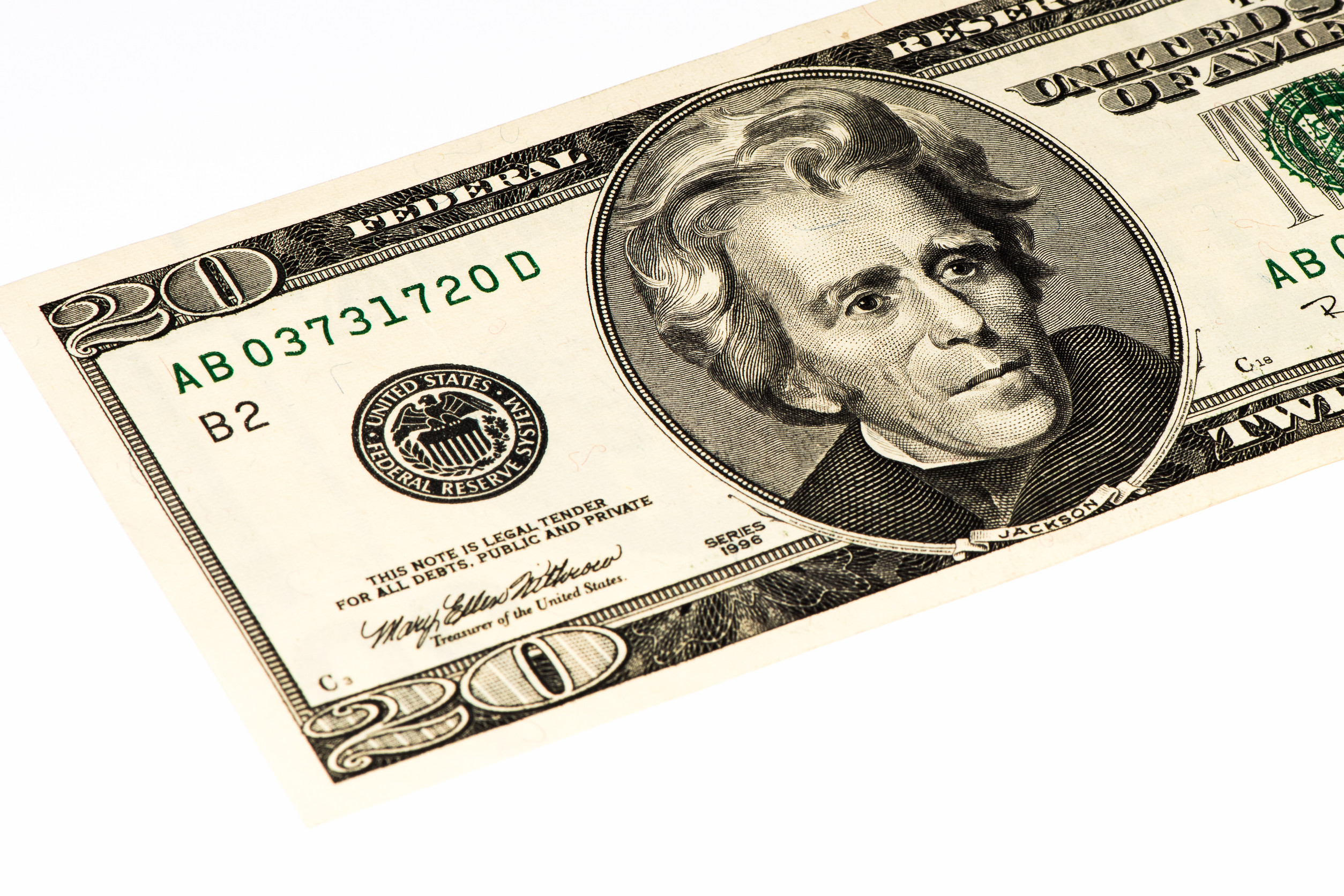
Image Source: pexels.com
Money experts have long preached the gospel of skipping your daily coffee shop visit as the path to financial freedom. You’ve likely heard it before: “That $5 latte is why you can’t afford a house!” But this oversimplified advice misses the bigger financial picture. While small expenses add up, focusing solely on minor cutbacks often distracts from more impactful financial strategies that could transform your financial health. The real path to financial independence isn’t about depriving yourself of small pleasures—it’s about making strategic decisions that align with your values and maximize your financial potential.
1. The Math Doesn’t Add Up on Latte Economics
The classic “latte factor” argument suggests that investing your daily $5 coffee money could yield thousands in retirement savings. While mathematically correct, this advice ignores economic reality. Even saving $150 monthly ($5 × 30 days) amounts to just $1,800 annually—helpful, but not life-changing when median household expenses exceed $60,000 per year.
Research from Northwestern Mutual shows that focusing exclusively on minor expenses creates a false sense of progress while neglecting the financial decisions that truly move the needle. The psychological toll of constant deprivation can also lead to “savings fatigue” and eventual abandonment of financial goals altogether.
Instead of obsessing over small purchases, track your spending to identify where your money actually goes. You’ll likely find that housing, transportation, and healthcare—not lattes—consume the majority of your income.
2. Focus on the Big Three Expense Categories
The most effective financial strategy targets your three largest expense categories: housing, transportation, and food. According to the Bureau of Labor Statistics, these typically consume 70% of the average American’s budget.
Housing: Consider house hacking (renting out rooms), relocating to a lower-cost area, or refinancing your mortgage when rates are favorable. A $200 monthly mortgage reduction saves $2,400 annually—more than eliminating daily lattes.
Transportation: Driving a reliable used car instead of financing a new vehicle can save $400-600 monthly. That’s $4,800-7,200 annually—equivalent to 960-1,440 lattes!
Food: Meal planning and strategic grocery shopping can reduce food costs by 30% without sacrificing quality or enjoyment. For a family spending $1,000 monthly on food, that’s $3,600 annual savings.
Making thoughtful adjustments to these major expenses creates substantial financial breathing room without requiring daily sacrifice.
3. Income Growth Trumps Expense Cutting
The most overlooked financial strategy is simply earning more. While expenses have natural floors, income potential has virtually no ceiling.
Invest in skills that increase your market value. Online courses, certifications, or advanced degrees can significantly boost earning potential. According to salary data, professionals who regularly update their skills earn 15-20% more than peers with similar experience.
Consider side hustles aligned with your skills and interests. The average side hustler earns $1,000-1,500 monthly, far outpacing latte savings. This could be freelancing, consulting, teaching, or monetizing a hobby.
Negotiate your salary. Most employees leave thousands on the table by failing to negotiate. A successful negotiation for just 5% more on a $60,000 salary yields $3,000 annually, with compounding benefits as future raises build on this higher base.
4. Automate Your Wealth Building
The most successful financial strategies remove human willpower from the equation. Automation ensures consistency regardless of motivation or memory.
Set up automatic transfers to savings and investment accounts immediately after payday. This “pay yourself first” approach ensures that saving happens before discretionary spending.
Maximize retirement contributions, especially when employers offer matching funds. This is literally free money—an immediate 50-100% return on investment that no latte sacrifice can match.
Use micro-investing apps to round up purchases and automatically invest the difference. This painless approach can generate $300-500 in annual investments without requiring active management.
5. Align Spending with Personal Values
The fundamental problem with generic advice like “cut lattes” is that it ignores individual values and priorities. True financial satisfaction comes from spending intentionally on what matters to you.
Conduct a “joy audit” of your expenses. Rate each recurring expense on a 1-10 scale based on the happiness it brings. Eliminate low-scoring expenses while preserving those that genuinely enhance your life—even if that includes your daily latte.
Practice value-based budgeting by allocating funds first to necessities, then to high-value experiences and items. This approach ensures your money supports your unique definition of a good life.
Consider the time value of purchases. A $5 latte that provides 30 minutes of peaceful enjoyment might be worth more than a $50 gadget that sits unused.
The Freedom Formula: Strategic Choices, Not Daily Deprivation
Financial freedom isn’t built through daily deprivation but through strategic decisions that create lasting impact. The most successful financial journeys balance thoughtful spending with intentional saving and income growth.
Remember that money is simply a tool to create your ideal life—not an end in itself. By focusing on high-impact financial moves while preserving small joys that make life worth living, you can make sustainable progress toward your goals without the burnout that comes from constant sacrifice.
Have you been focusing on cutting small expenses while overlooking bigger financial opportunities? What major financial move could make the biggest difference in your financial future? Share your thoughts in the comments below!
Read More
The Art and Science of Underwriting Multifamily Properties
10 Reasons It’s Too Late for Boomers to Change Their Retirement Strategies

Travis Campbell is a digital marketer/developer with over 10 years of experience and a writer for over 6 years. He holds a degree in E-commerce and likes to share life advice he’s learned over the years. Travis loves spending time on the golf course or at the gym when he’s not working.















